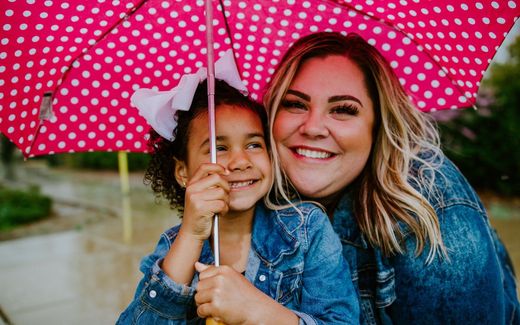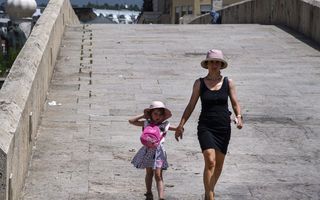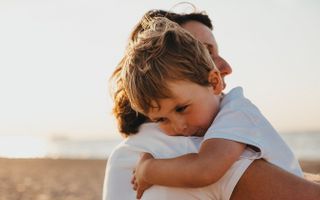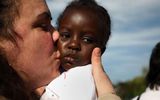The government’s proposal to make abortion a constitutional right has left many Spanish Christians concerned.

Adoption gives children a new family. At the same time, the concept is not undisputed. Read CNE's articles about the topic on this page.
Featured
All articles with this tag
What is adoption?
Adoption does not mean that parents get a child. Instead, it gives children parents. And even though there are ways to reverse an adoption, it is meant to establish a permanent bond between the adoptive parents and the adoptee, in a legal sense, but also in an emotional sense. The ties between the biological parents and their child are severed as soon as the former relinquish their child. The latter is connected to the adoptive parents by law as soon as a judge confirms this in court.
There are several types of adoption:
First, there is international adoption. This happens when a child moves to adoptive parents in another country.
Secondly, there is domestic adoption, which takes place when an adoptee is placed with adoptive parents in his or her native country.
Then, there is also a difference between open adoption and closed adoption. The former allows some forms of contact between the biological parents and their child. In the latter, there is no contact between the two parties at all, even though adoptees can search for their biological family and establish contact later on.
How does adoption work?
Adoption procedures differ from country to country. However, often, adoptive parents have to go through a long process of tests to prove they are fit to become parents of a child who may have extra emotional baggage.
If they pass these tests, they will be matched to a child. Most often, this happens through an adoption organisation.
The parental guardianship must be transferred from the biological parents to the adoptive parents in court.
What if adoption goes wrong?
Recently, adoption has been the topic of several news articles. Often, these stories bring to light severe mistakes from the past. Children have been snatched from their parents without consent, or adoption records have been falsified.
These mistakes can have a huge impact on adoptees. They may fall into a deep identity crisis if they discover that their birth certificate contains false information, for example.
In addition, adoptive children have experienced the separation from their biological parents, often at a very young age. This can also greatly impact their mental health.









